Cell Reports
-
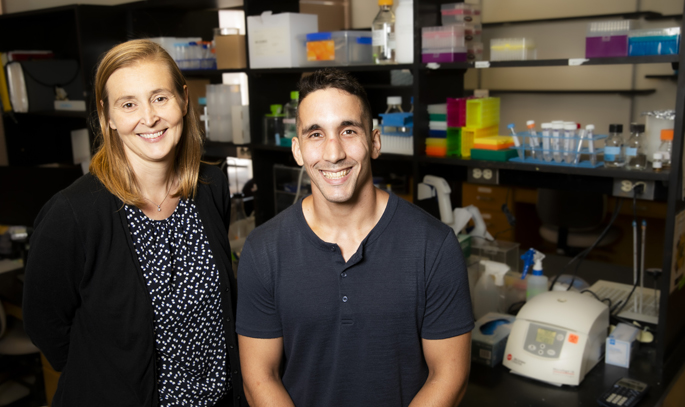
MicroRNAs in immune cells help protect against metabolic defects in obesity: study
Vanderbilt researchers have demonstrated that a cluster of microRNAs — small pieces of RNA that regulate gene expression — work in a type of immune cells called macrophages to help protect against metabolic defects in obesity. Read MoreSep 5, 2023
-

International collaboration reveals how the human brain evolved to harness abstract thought
By Marissa Shapiro THE IDEA The human brain is organized in functional networks—connected brain regions that communicate with each other through dedicated pathways. That is how we perceive our senses, how the body moves, how we are able to remember the past and plan for the future. The “default mode” network is the part of... Read MoreApr 12, 2022
-

International collaboration reveals how the human brain evolved to harness abstract thought
By Marissa Shapiro THE IDEA The human brain is organized in functional networks—connected brain regions that communicate with each other through dedicated pathways. That is how we perceive our senses, how the body moves, how we are able to remember the past and plan for the future. The “default mode” network is the part of... Read MoreApr 12, 2022
-
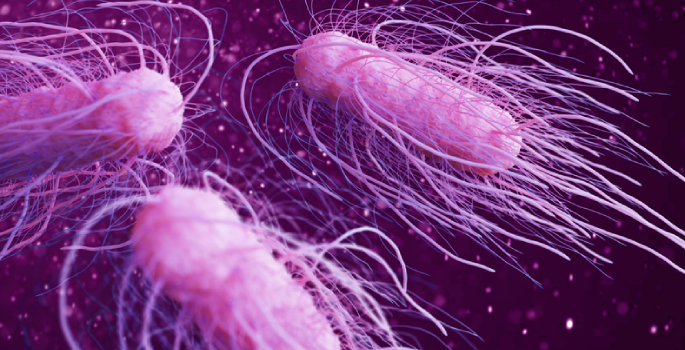
Salmonella overcomes host resistance
The invading pathogen Salmonella, a common cause of food poisoning, can change its metabolism to overcome host resistance to its colonization. Read MoreJan 13, 2022
-

Genetics of hydrocephalus
Fluid build-up in the brain — hydrocephalus — increases pressure and risk for brain damage; Vanderbilt researchers have now identified genes and signaling pathways associated with the condition. Read MoreJul 8, 2021
-
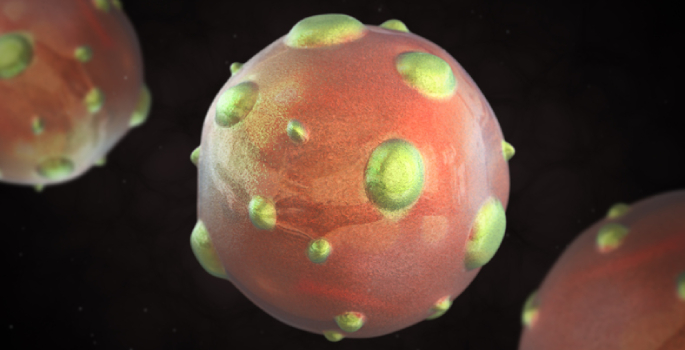
Therapeutic antibodies for hantavirus
Vanderbilt Vaccine Center researchers have isolated monoclonal antibodies against hantaviruses, an emerging source of human disease with pandemic potential. Read MoreMay 24, 2021
-
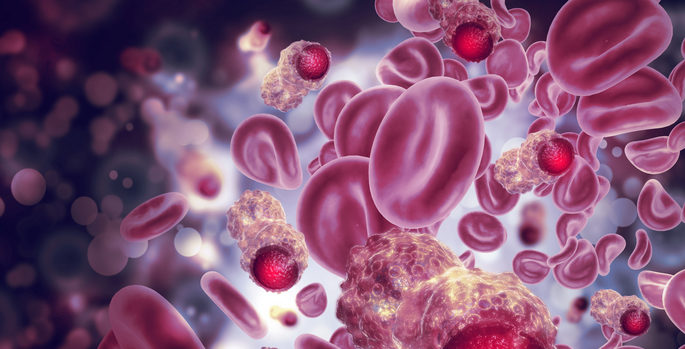
WIN for blocking cancer growth
William Tansey and colleagues identified proteins that interact with the cancer drug target WDR5 and are important for cancer cell growth. Read MoreJan 21, 2021
-
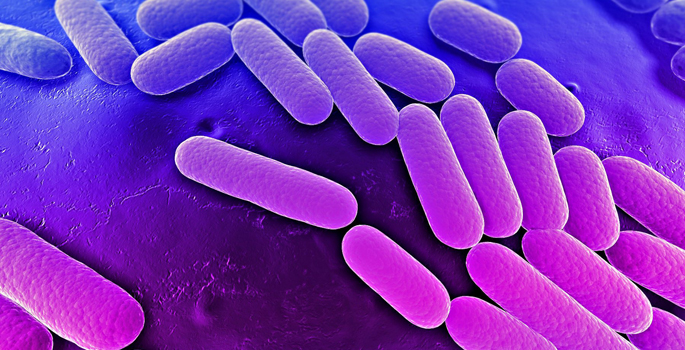
Probing pathogen antibiotic resistance
Understanding how bacteria evolve resistance to antibiotics and host stresses could guide the development of more effective antimicrobial therapeutics. Read MoreSep 17, 2020
-

New clue to Alzheimer’s disease
Combining studies of genetically diverse mouse populations and human data led to the identification of a gene associated with cognitive decline and brain changes in Alzheimer’s disease. Read MoreSep 3, 2020
-

The importance of estrogen cycles
Deborah Lannigan and colleagues identify a key regulator of the estrogen receptor and suggest that its downregulation by oral contraceptives may increase oxidative stress and DNA damage, a common cause of cancer. Read MoreAug 6, 2020
-

New study supports remdesivir as COVID-19 treatment
This week researchers at Vanderbilt University Medical Center (VUMC), the University of North Carolina at Chapel Hill and Gilead Sciences reported that remdesivir potently inhibited SARS-CoV-2, the virus which causes COVID-19, in human lung cell cultures and that it improved lung function in mice infected with the virus. Read MoreJul 9, 2020
-
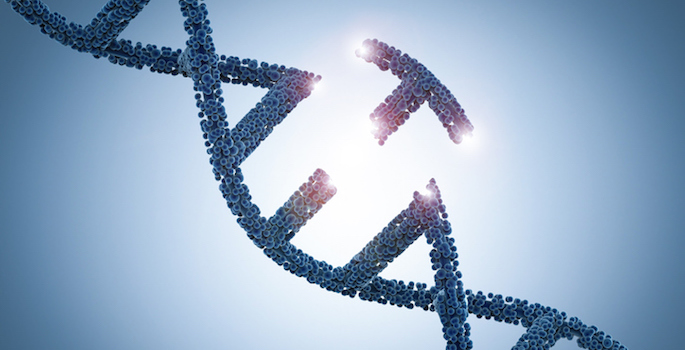
Probing DNA damage repair
After discovering a new mechanism for DNA damage repair last year, Vanderbilt biochemists now provide direct evidence for how it works. Read MoreJun 18, 2020
-
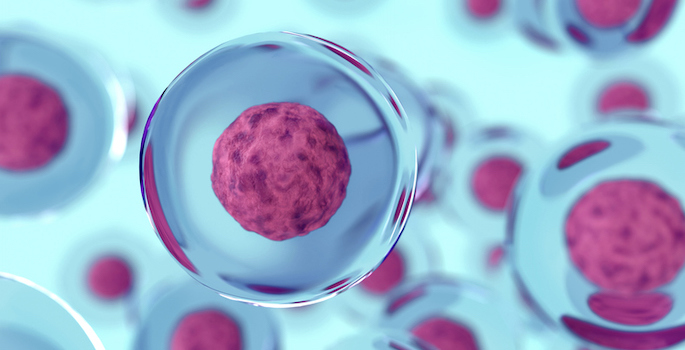
Studying cells in reduced dimensions
Vanderbilt cell biologists have developed an unbiased, quantitative framework for evaluating single-cell data. Read MoreJun 18, 2020
-

‘Tuning’ cell shape for division
Dylan Burnette and colleagues have discovered that two forms of the molecular motor protein myosin have distinct roles in regulating cell shape during cell division. Read MoreApr 20, 2020
-

Completing DNA synthesis
James Dewar and colleagues have identified a role for the enzyme topoisomerase II in reducing replication errors during the final stage of DNA synthesis. Read MoreOct 21, 2019
-

Zebrafish aid effort to regenerate damaged retinas
According to a new study, the tiny zebrafish may hold the secret to regenerating damaged retinas in humans. Read MoreSep 5, 2019
-

A “rheostat” for cancer signals
Jason MacGurn and colleagues have characterized a “rheostat” that sets WNT pathway signaling in breast cancer cells. Read MoreAug 27, 2019
-

Discovery by Vanderbilt-led group could lead to improved diabetes treatment
Vanderbilt investigators and colleagues around the country have made a major discovery that could lead to better ways to treat type 1 diabetes (T1D). Read MoreMar 6, 2018
-

Research finds midlife women twice as likely as men to have asthma
In childhood, asthma is more common in boys than girls. But around the time of puberty, that picture reverses. By mid-life women are twice as likely as men to have asthma. Read MoreNov 28, 2017
-
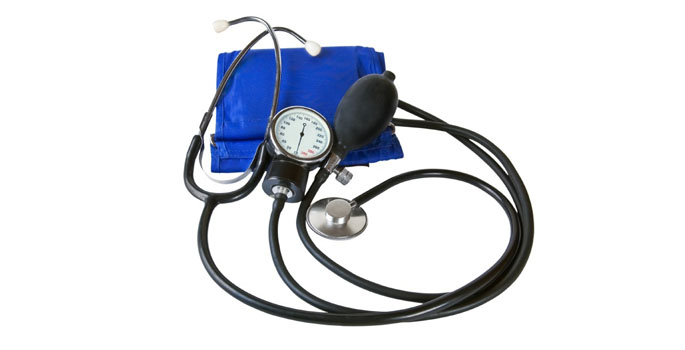
Salt, inflammation and hypertension
Vanderbilt researchers have identified a pathway that links excess sodium, inflammation and hypertension. Read MoreNov 13, 2017